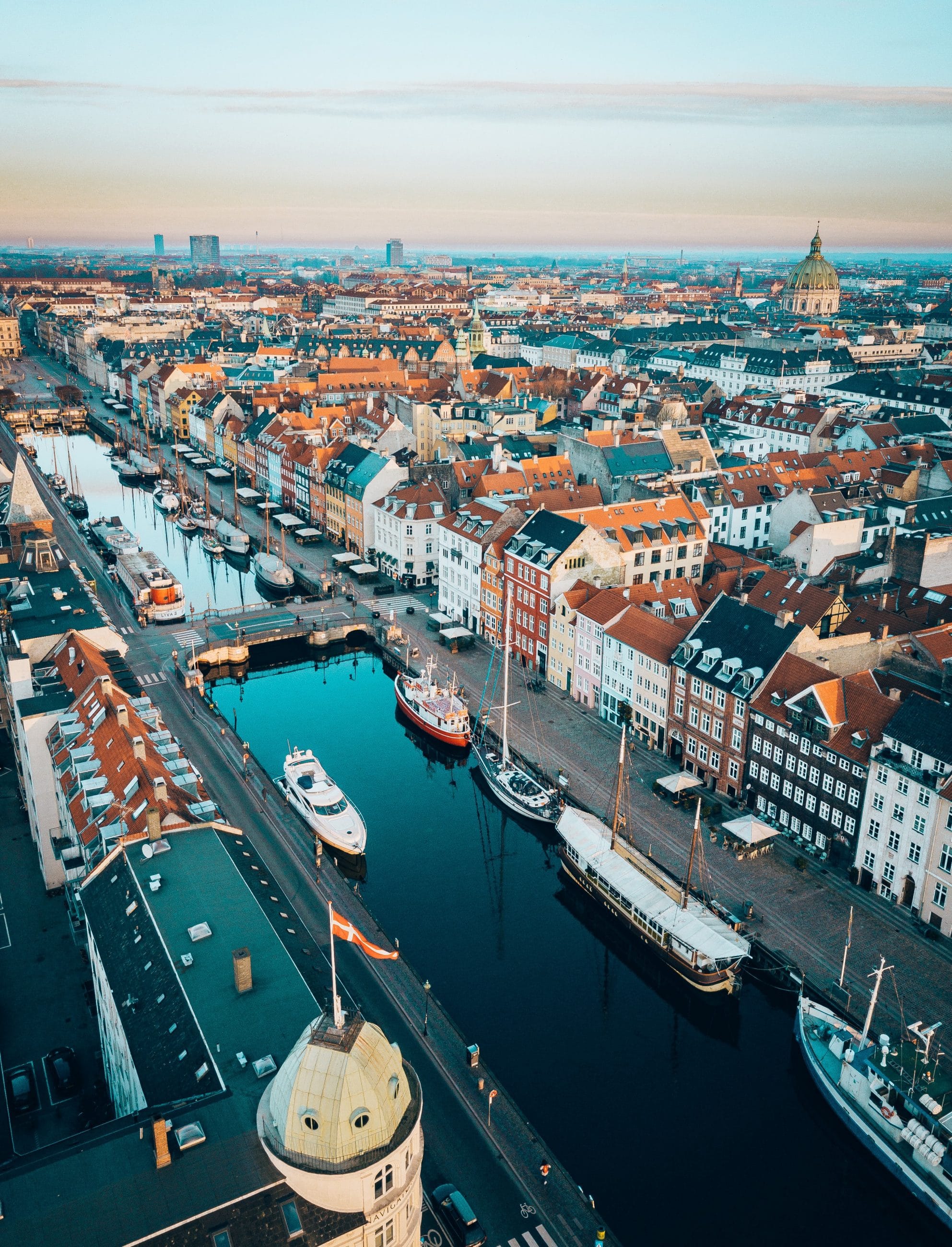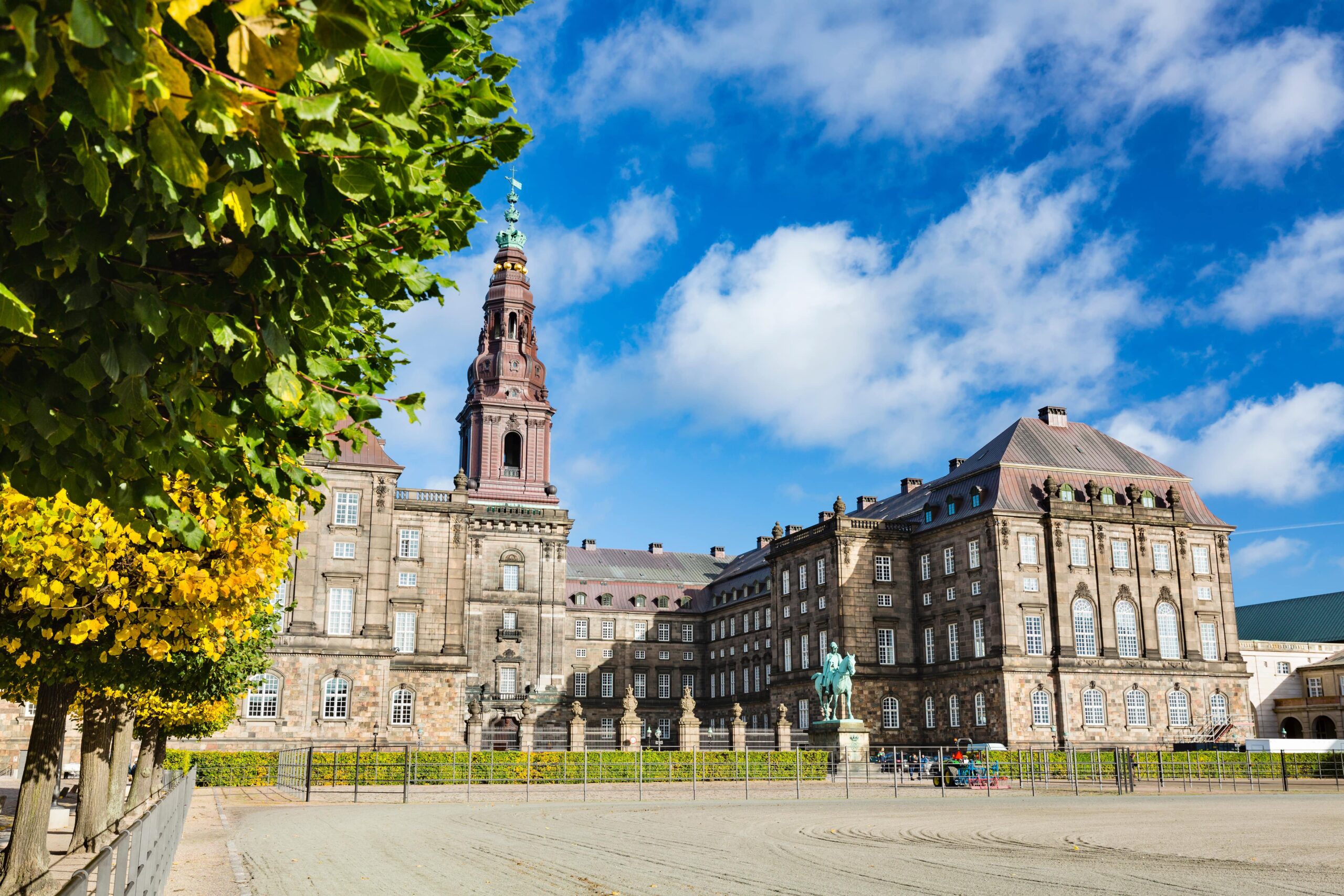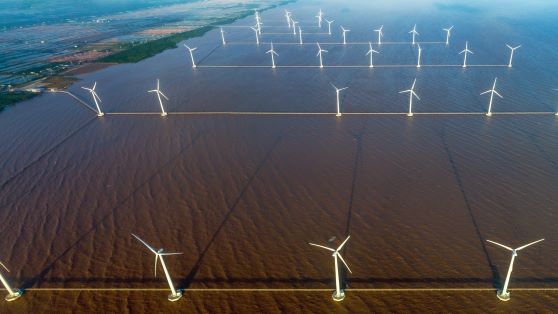News
Air pollution
CHP
District energy
+1
Coal-free trend: European countries are increasingly quitting coal for good


An almost 100-year-old story ended on a March night as the last piece of coal was burned in a Copenhagen cogeneration plant. To replace the last coal-fired cogeneration plant, the Greater Copenhagen utility company HOFOR has invested in a newly inaugurated plant, which generates heat and electricity with biomass.
The reduction in CO2 emissions by shutting down the coal-fired plant is expected to be around half a million ton yearly. Moreover, it places Copenhagen among coal-free capitals such as Stockholm, Vienna and Brussels.
“Green energy and sustainable heating are essential for a green capital with cleaner air. Now, we say goodbye to almost 100 years of warming from polluting oil and coal, which is affecting the climate. In the future, more than 80 per cent will of Copenhagen's district heating comes from CO2-neutral sources - this is a major and decisive step for Copenhagen to become the world's first CO2-neutral capital in 2025,” said Lord Mayor of Copenhagen, Frank Jensen in a press release.
Denmark is thereby on the growing list of European countries that are moving away from coal. Last year, Denmark had its lowest coal consumption in 50 years as only 5 per cent of national energy consumption was covered by coal.
-Related solution: A new biogas upgrading plant reduces CO2-emissions in Copenhagen
European experiencing a ‘coal collapse’
The trend of moving away from coal-fired energy production is increasingly evident in Europe. Recently, Sweden became the third country to declare itself coal-free in its electricity production. Along with the other coal-free countries, Belgium and Austria, Sweden will soon be joined by 12 European countries that are planning to phase out coal no later than by 2030.
European countries have generally been proactive in reducing the share of coal in the energy-mix. Since 2013, coal production in the EU has fallen by 43 per cent, which is being labelled as a ‘coal collapse’.
However, action toward decarbonisation and away from coal must be further accelerated to keep warming below 2oC. In the next ten years, CO2 from burning coal needs to be halved worldwide, shows an analysis from Carbon Brief.
-Related solution: From Coal to Biomass at Avedøre Power Station
Denmark soon to be coal-free
Many European countries have made ambitious commitments to reduce CO2 emissions and phase out fossil fuels completely. Phasing out coal is among the top priorities. Denmark is close to the target as only three coal-fired cogeneration plants remain.
Phasing out coal is not the end of the green transition. Denmark has the ambitious goal of a 70 per cent CO2 reduction within 10 years and a fossil fuel-free country by 2050. At the Greater Copenhagen utility HOFOR, the construction of the new cogeneration plant is far from the end of the investments in a greener future.
“The commissioning of the new biomass-fired cogeneration plant is a fantastic milestone that has enabled the move away from coal in the heat supply. However, we will not sit back and relax - on the contrary. We are working intensively to develop and strengthen other types of renewable energy sources. Several large heat pumps, solar cells and offshore wind turbines in Øresund are some of the fuel-free technologies that we are working on,” said Lars Therkildsen, CEO at HOFOR in a press release.
Coal is planned to be phased out from the three remaining Danish cogeneration plants in 2023, 2025 and 2028 respectively.















